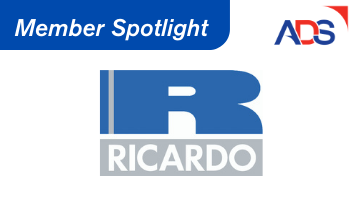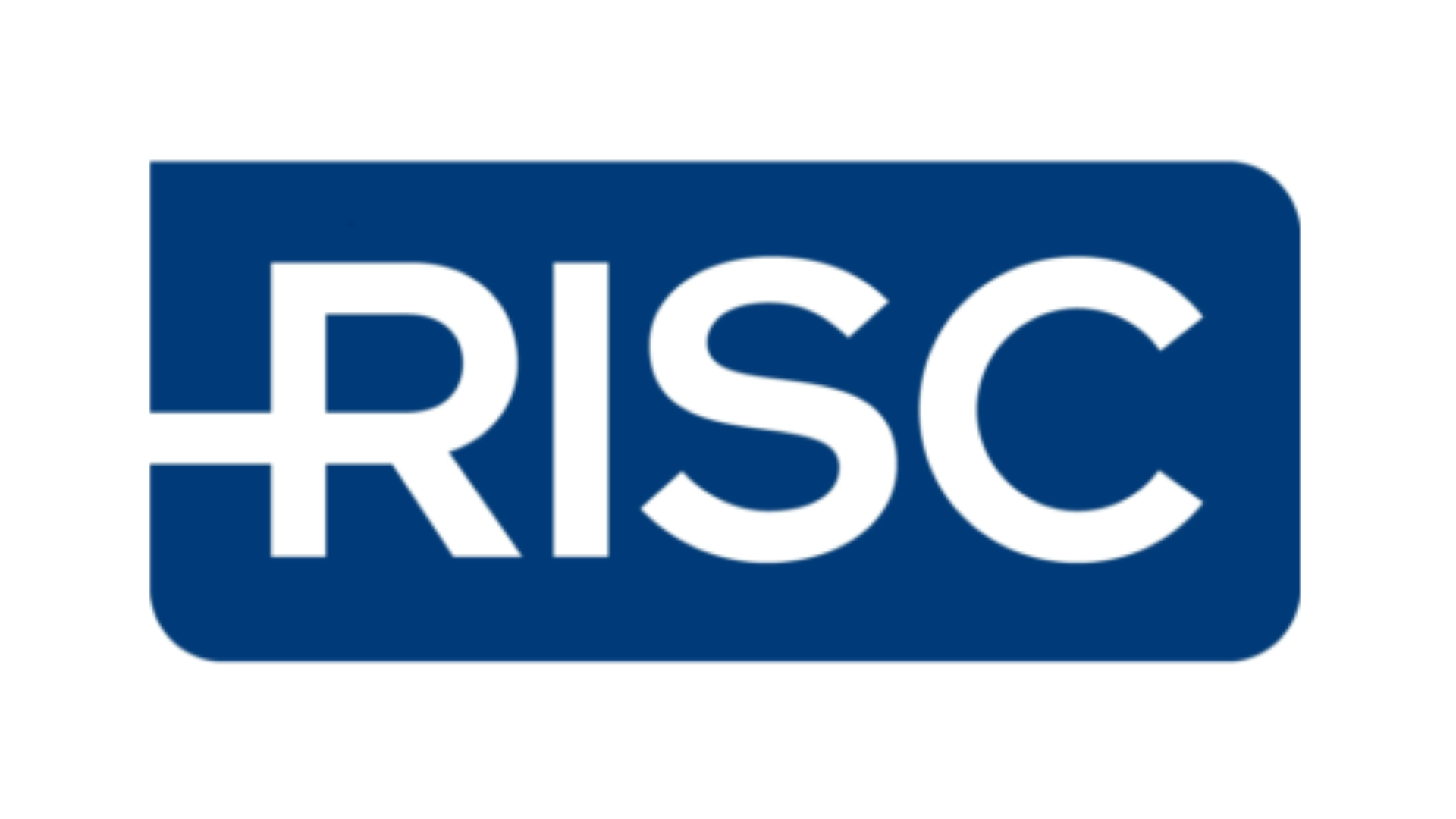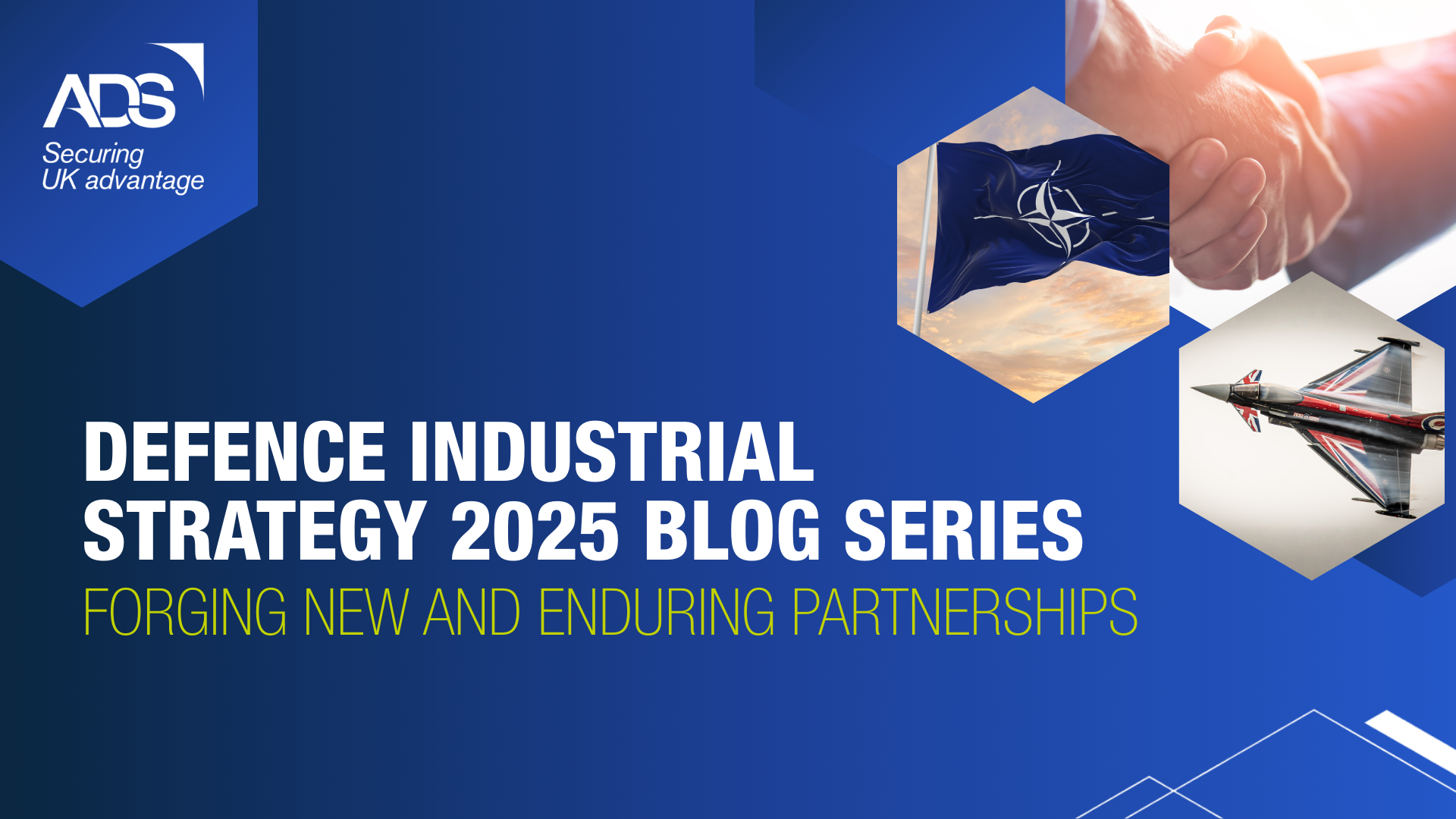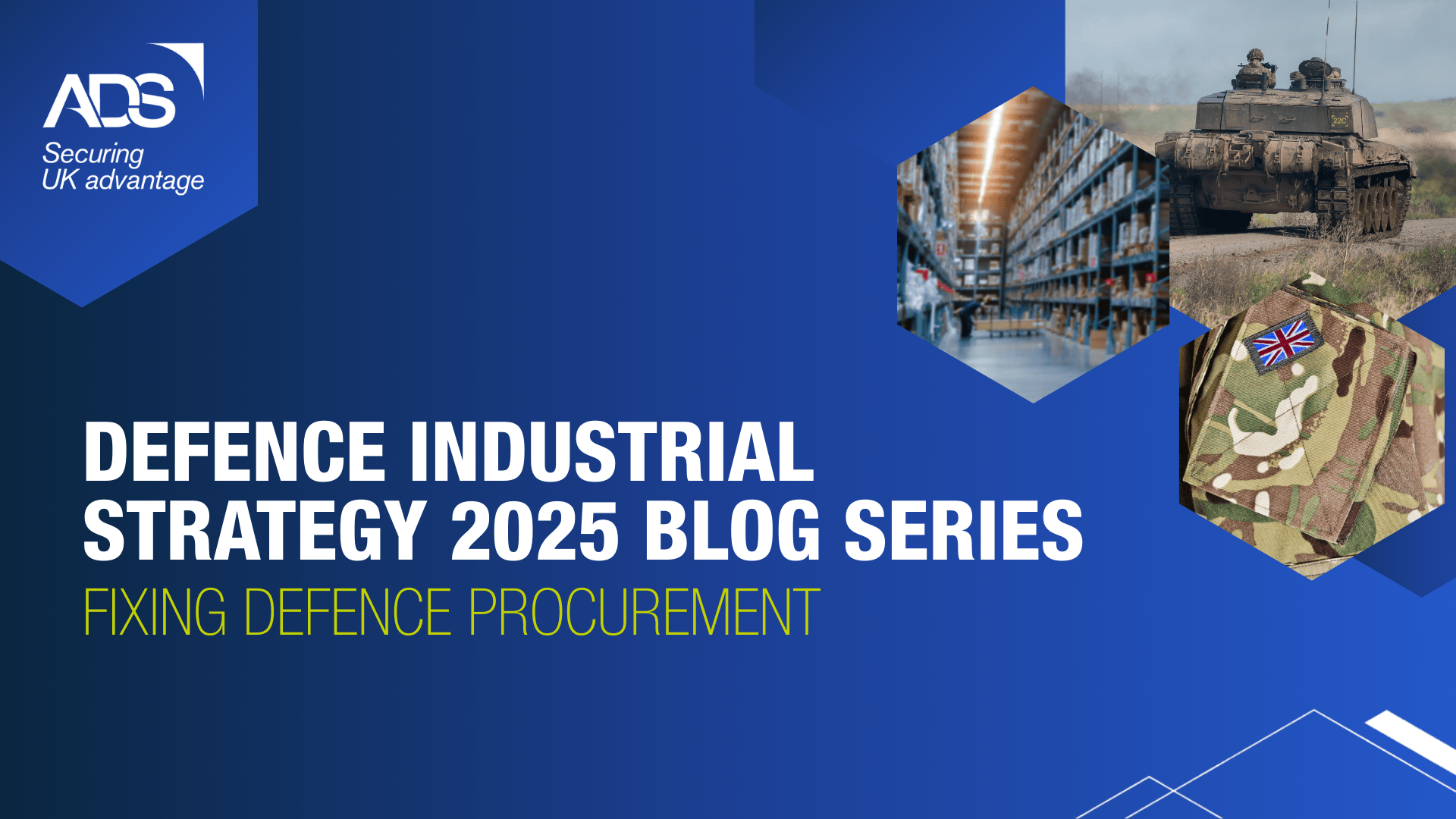
Ricardo plc is a world-class environmental, engineering and strategic consulting company and specialist niche manufacturer of high-performance products. With over 100 years of engineering excellence, they provide exceptional levels of expertise in delivering leading edge and innovative cross sector sustainable products and solutions, helping our global customers increase efficiencies, achieve growth and create a cleaner and safer future. Their mission is clear – to create a world fit for the future.
Ricardo develops clean, efficient and integrated propulsion systems for future aircraft in fixed wing, rotary, eVTOL and UAV platforms for commercial and defence applications. Ricardo’s highly experienced manufacturing and technical teams can further provide a seamless low to medium volume manufacturing solution delivered from the company’s state-of-the-art manufacturing facilities.
Ricardo leverages its expertise in supporting the decarbonisation of global transport and energy sectors to act as trusted engineering services provider to aerospace customers for electrification, hydrogen fuel cell technology and defossilised fuels.
Why is hydrogen fuel cell technology the right solution right now to help green passenger carrying airline services?

Cranfield Aerospace Solutions is leading the Project Fresson consortium project which is seeking to deliver the world’s first truly green passenger carrying airline services using hydrogen fuel cell technology. The project will develop a commercially viable, retrofit powertrain solution for a nine-passenger Britten-Norman Islander aircraft, and will accelerate the growth of the UK aerospace supply chain for new technologies critical to zero emissions aircraft.
Hydrogen has been a known technology for some time, and is already being used in heavy duty commercial vehicles such as long-haul trucks and buses because for fleet operators it offers not only zero carbon emissions but also cost-effective solutions in terms of total cost of ownership.
Here, Paul Hutton of Cranfield Aerospace Solutions and Dr Cedric Rouaud of Ricardo explain why for Project Fresson hydrogen fuel cells are considered an optimum solution for aviation, and how advances in technology mean that hydrogen is viable for this application.
Paul Hutton, Cranfield Aerospace: “We did look briefly at pure battery electric to see if that had any chance of delivering what we wanted, but even before the formal project started, we realised it would need to be something other than just a battery to get a useable range.”
“Having looked at the hybrid electric range extender option in some respects it looked quite promising, but when we started doing the project, doing the detailed analysis and understanding the weight implications whichever angle we took, we couldn’t get a solution which was greener, while still being safe and still providing a usable range.”
“We were looking at hydrogen in parallel with that. Hydrogen was coming up more and more including very credible storage solutions to get the weight down because the tanks required to carry gaseous hydrogen can be very heavy. So that was improving. The availability of fuel cells with the right level of output was improving, and the availability of hydrogen as a fuel, that whole infrastructure seemed to be accelerating at the same time.”
Dr Cedric Rouaud, Ricardo: “For Project Fresson, Ricardo is providing the fuel cell system including its controller, which is the primary source of electricity on the aircraft. The fuel cell system includes the fuel cell stack and the balance of plant. Fuel cell systems use hydrogen and oxygen from ambient air to generate electricity. The only by-product is water vapour, and hence a hydrogen fuel cell aircraft has zero carbon emissions.”
“Ricardo was chosen to be part of Project Fresson because of our industry-leading experience in systems engineering and model based development approaches, as well as our expertise in fuel cell and thermodynamic or thermal systems development. Leveraging that experience and expertise, one of the most crucial services that we are providing for the project is managing the balance of plant. The balance of plant includes all ancillaries which are used to provide the fuel cell stacks with the right amount – in terms of temperature, pressure, mass flowrates, relative humidity – of hydrogen and air and also coolant. The balance of plant has to work in all operating conditions from cold operations to high temperatures (on the ground) and at high altitudes, including low pressure and temperature.”
“All balance of plant ancillaries include: pumps, valves, injectors, compressors and heat exchangers. They could be heavy, bulky and expensive. Ricardo has developed a process to improve the balance of plant components for multiple stack layouts for aerospace but also large applications requiring multiple stacks such as commercial vehicles, rail and marine. Using the Ricardo hydrogen fuel cell system development approach with multiple stacks balance of plant leads to an efficiency improvement of 5-15% depending on duty cycle against the conventional approach of balance of plant and control development, so there are tangible performance benefits for customers.”
To find out more about hydrogen fuel cell technology and Project Fresson, please join us for a free webinar hosted by Ricardo, sign up here – https://attendee.gotowebinar.com/register/4654160566877402127?source=ADS
For over 25 years within the Defence sector, Ricardo has been the trusted engineering services provider for military users across land, air and sea environments, designing, developing and delivering innovative projects to the UK Ministry of Defence from its List X technical centres in the UK.
Find out more about Ricardo at www.ricardo.com





